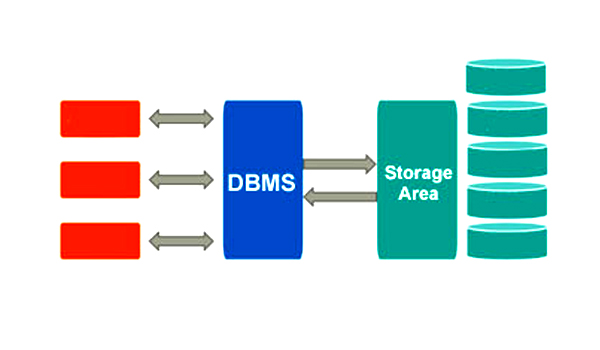Data Lake
A data lake is the single source of truth of an organization for data organization.
Updated: December 2, 2023

A data lake is the single source of truth of an organization for data organization. It is a centralized location where structured and unstructured data of an organization can be stored.
Data can be stored as-is in this system and can run analytics that help with decision making. Companies can derive more value from their data by using data lake. Relational databases are used by companies to store and manage data so it can be easily accessed and the information they need can be found.
The low cost and open format of data lake make them essential for modern data architecture. Media and entertainment, Telecommunications and Financial services are potential use cases for this data storage solution.
Organizations can can collaborate better, analyze information, and make informed decisions when they harness more data from various sources within a reasonable time frame. Improve customer interactions, Innovate R&D, Increase operational efficiency, Power data science and machine learning, Centralize data sources, Integrate diverse data sources and formats and Democratize data through self-service tools are some of the key benefits of data lake.
Organizations implementing data lakes should remain aware of reliability issues, slow performance and security. Data movement, Analytics and Machine learning are basic elements of data lake.
Data lake benefits
- Centralized Data Storage
- Scalability
- Flexibility
- Cost-Effective Storage
- Support for Big Data Technologies
- Advanced Analytics and Machine Learning
- Data Exploration and Discovery
- Real-Time Data Processing
- Data Integration
- Enhanced Data Quality and Governance
- Collaboration Across Teams



